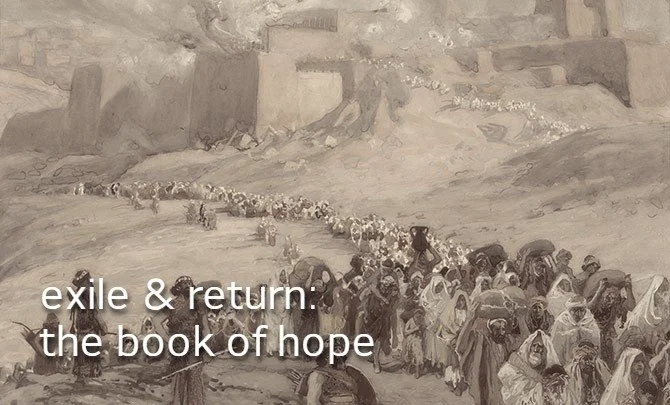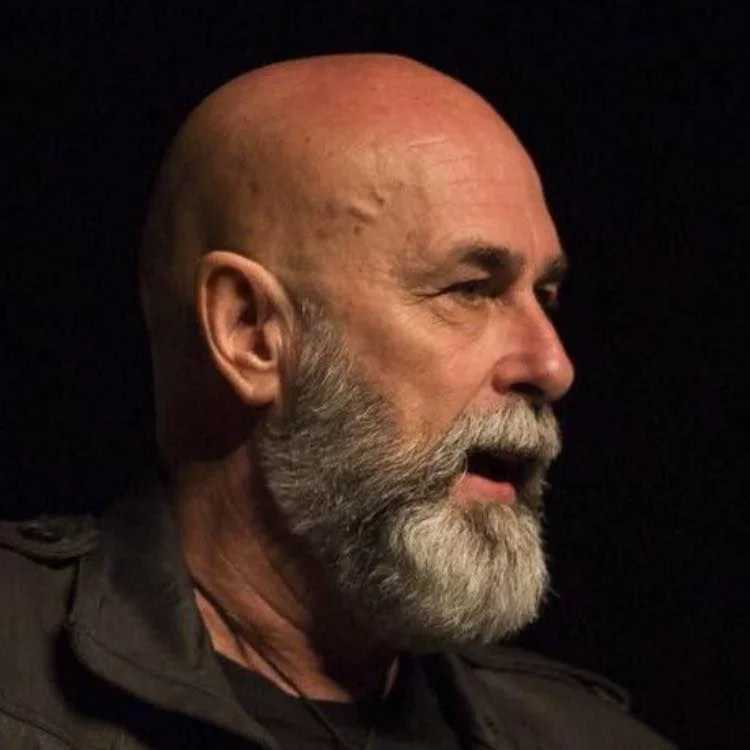Key Bible Passage(s):
Tier 1:
This section of the Bible contains some of the most famous stories from the whole of Scripture. Daniel and the Lion’s Den is among them. But it s a period in hisotry when the Church wrestles with some of the deepest questions about how Christians can live in a world that is so alien, and where so much is hostile & problematic for our discipleship. Like many ‘children’s stories’ from the Bible, the popularist rendering can miss the point. And the point is that faithfulness to God can often be costly and life threatening. We may find we need to revisit and relearn these lessons.
Tier 2:
The Sovereignty of God is writ large through this period of history. It is no accident that this idea takes centre stage at precisely the point when it seems most hopeless and bleak for the people of God. Only as this is in place can the Church overcome the obstacles and opposition they face. Strangely, we find it most counter-intuitive to speak of God’s Sovereignty when things seem most difficult. In the Bible, it is when things seem most difficult that this doctrine is reached for!
Tier 3:
Some of the greatest challenges the Church faces in these decades come from within the life of the Church itself. Compromise, syncretism, loss of vision all afflict the people of God. As does a propensity to cosy-up with the very people who are most aggressively opposed to their mission and ministry. Ignorance of the Scriptures and a kind of spiritual amnesia plagues the people. Apathy, distraction, fear and lack of resources all ahve to be addressed and overcome. Althgouh we are not able to explore all the Bible’s literature from this period in one DTP session, we do try and open up the range of difficulties faced, and how they are met by the prophets and the leaders of God’s people.
I, for one, am happy to see the end of Christendom. I’m glad that we can no longer rely on temporal, cultural supports to reinforce our message or the validity of our presence. I suspect that the increasing marginalization of the Christian movement in the West is the very thing that will wake us up to the marvelously exciting, dangerous, and confronting message of Jesus.
Michael Frost
Group Discussions:
Much of the Book of Daniel revolves around dreams. Does God speak through dreams today? Have a look at Jer.23:25-29; Zech.10:2; Eccl.5:3 & 7. How can we guard ourselves against being misled through dreams?
How do people like Esther, Daniel, Shadrach, Meshach and Abednego act with courage? How can we cultivate that courage in our own lives and witness?
Why is Nebuchadnezzar reduced to the level of an animal (Dan.4:33)? What is this teaching us about the effects of sin? Does it always reduce our humanity? What does a true human look like?
What do you make of the doctrine of providence that is being presented in the book of Esther...? How would your experience of discipleship change if you shared it?
How can we decide what issues we should we make a public stand on as Christians? When should we comply with those in government and when should we defy them?
and later in the session:
When should the Church accept help from those who aren’t Christians, and when should they say ‘No’? Should non-Christians be involved in our ministry? ...our mission? Should we accept money from non-Christian sources (Ezra 6:4, 7:20)?
Read Eph.2:21-22; I Pet.2:5. What can Ezra & Nehemiah teach us about how to build the life of a Christian Congregation?
Ezra 9-10 & Neh.13:23-29 recount how these two reformers and re-builders responded to Church leaders who had inter-married with Canaanites. Why do they react the way they do? Are they right to do so? What about I Cor.7:12-14?
Read Ezra 9:6-15. what do you think is good in the prayer? What makes you feel uncomfortable?
Homework:
This would be a great time to ask if people would be willing to sepak in your Church about their experienc eof DTP. You may be planning to run a second cycle of DTP in a few months, so getting people to share the impact it has had on them would give you some profile, and might encourage others to get involved.
Also, to start to explore with those who are coming to the end of DTP about what they will do next.



